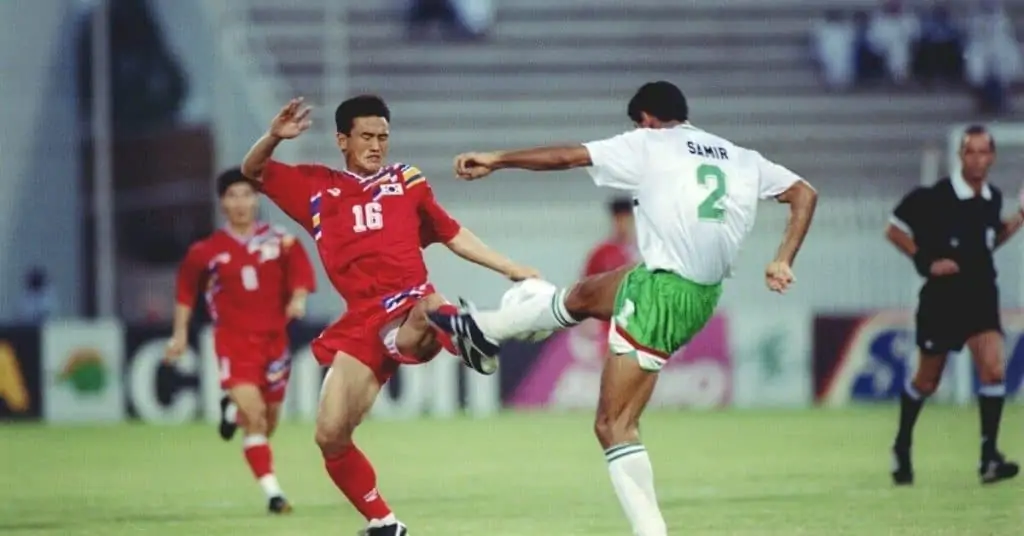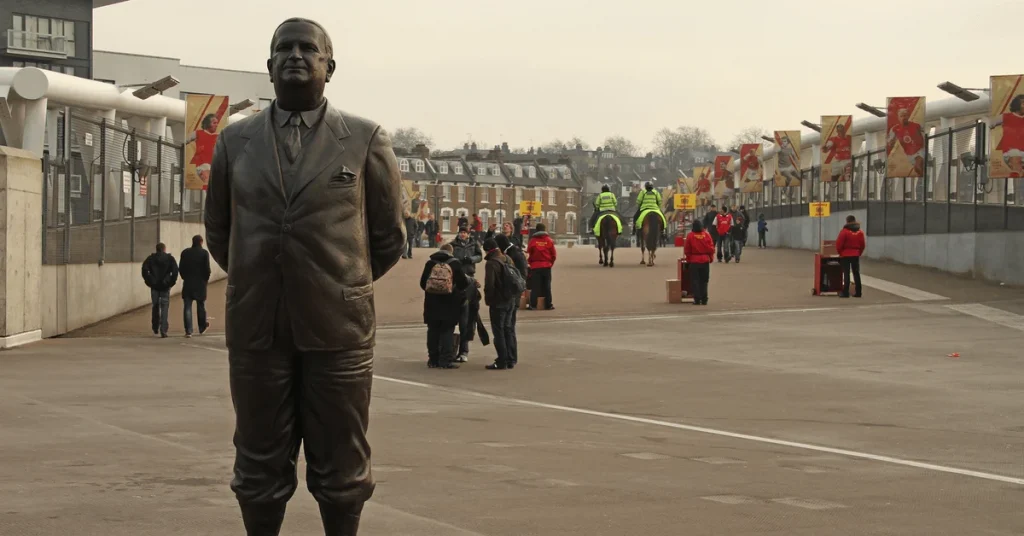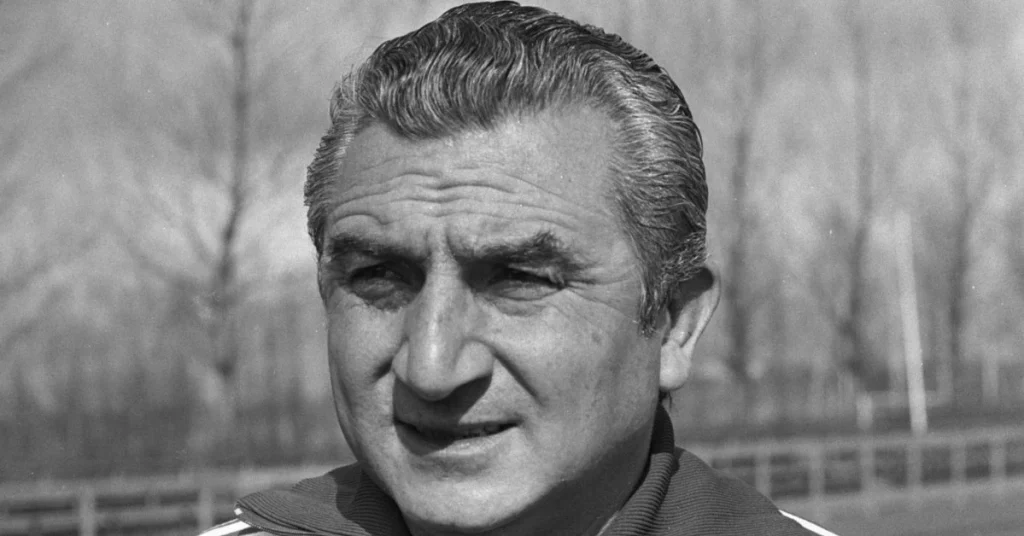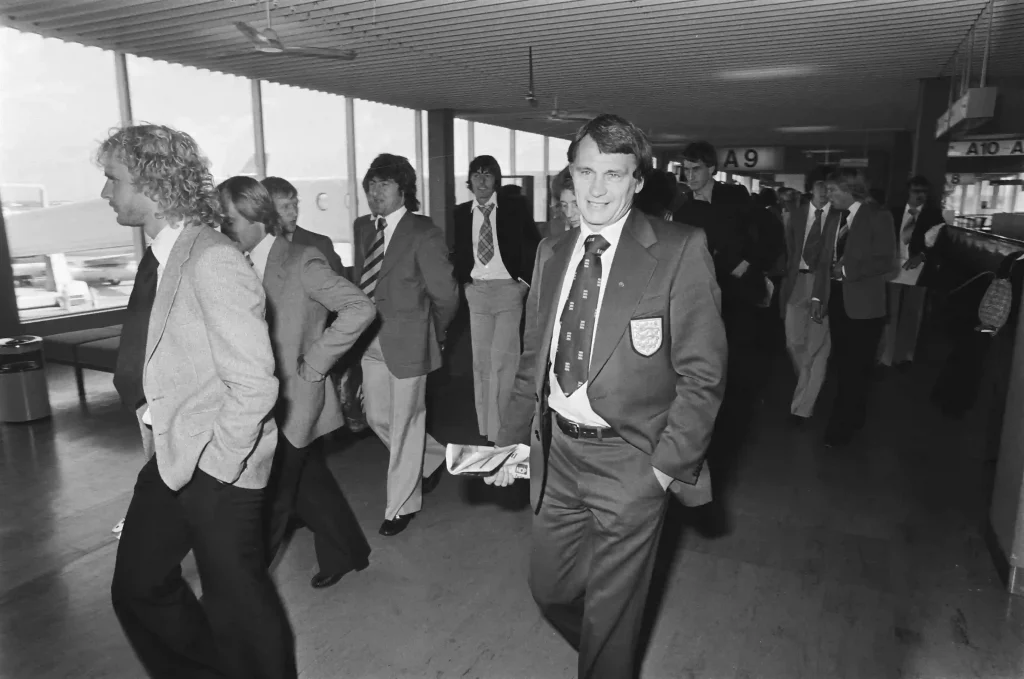Soccer supporters across the nation were fascinated by one man whose meteoric rise caught the country’s eye when South Korea emerged as a powerhouse of Asia in the mid-1980s. In 1984, Kim Joo-Sung scored his first international goal against Indonesia when he was just 19 years old. However, that would prove just the beginning of a long and illustrious career.
With the ability to use both feet and strong positional sense, Kim Joo Sung was affectionately known as a ‘wild horse’ due to his pace and long mane of curly hair. However, Kim Joo Sung will always be remembered for his workhorse attitude and dedication to club and country, even after his trademark mane was shorn.
Kim Joo Sung Early Years
The teenager grew up in Yangyang, Gangwon Province, where there were few opportunities to play soccer. He had to wait until his family moved to Seoul before playing at a school with a soccer club. After Kim Joo Sung’s natural talent bloomed, he had to watch on television as the South Korea U-20 team made the semi-finals at the 1983 FIFA U-20 World Cup in Mexico, despite being called up to the reserve squad.
However, the disappointment was short-lived as the sophomore went on to play for the U-20s at the Asian championship the following year. Despite his country’s failure to reach the world stage, Kim Joo Sung would eventually make his mark at the 1988 Olympic football tournament as a member of the elite class.
On New Year’s Day 1985, Kim Joo Sung scored the decisive goal in a friendly against South Korea senior side to catapult into the spotlight. He was also selected for the 1986 World Cup team after a similarly impressive performance in a rematch in June.
Winning Trophies In South Korea
Kim Joo Sung’s professional career was flourishing as the Taeguk Warriors returned home empty-handed from Mexico. Kim scored ten goals in 28 games during his first season with Daewoo Royals in Busan’s Gudeok Stadium.
Kim Joo Sung made up for the disappointment in 1991 with another championship for his club, with 14 goals in his career-high season at the club, despite early exits at Olympics in Seoul in 1988 and Italia in 1990. A remarkable personal achievement for Kim this year came in the form of his third consecutive Asian Footballer of the Year award.
Kim made his third appearance at the World Cup in 1994 after two years at Bochum. But, unfortunately, South Korea failed to advance beyond the group stage at the world soccer showpiece event, marking the veteran’s final trip to the premier competition. Further complicating Kim Joo Sung’s situation was a severe knee injury that looked set to curtail her career. Still, he showed trademark determination and returned to the game by switching to sweeper.
In 1997, Kim Joo Sung won a third K-League trophy with Busan Daewoo Royals, playing an outstanding career. A defender rarely wins the most valuable player award, but that was the case for the ever-present captain. He hung up his boots after two years to pursue further studies. In honor of a modern legend of the Korean game, Kim Joo Sung’s number 16 shirt at Busan remains retired.
After Soccer
In his last year at Busan, Kim served as an assistant coach, but he then moved on to seek a career in administration. As if a doctorate in sports marketing and a law degree were not enough, he obtained the Fifa Master’s degree in 2004 before being appointed a director at the Korea Football Association.
Since then, Kim Joo Sung has worked for the KFA as the General Manager of its International Relations Bureau. He became the Secretary-General of the Korea Football Association in 2006 and held this position since.
Kim Joo Sung was one of three Korean soccer legends selected for the Asia Men’s Team of the 20th Century.
According to the federation, the 3 of the 11 greatest Asian players from 1901 to 2000 are Cha Bum-kun, Kim Joo-sung, and Hong Myung-bo. Journalists, ex-players, and specialists conducted a poll in 2000 to select the players.
Kim Joo-Sung
Position: Midfielder/Defender
Clubs:
- Daewoo Royals (1987-1992, 1994-1995)
- Bochum (1992-1994)
- Busan Daewoo Royals (1996-1999)
National Team: 76 caps (13 goals)
Honors:
- K-League champions (1987, 1991, 1997)
- K-League Rookie of the Year (1987)
- K-League MVP (1997)
- MVP at the AFC Asian Cup (1988)
- Asian Footballer of the Year (1989, 1990, 1991)
- Three-time participant at the FIFA World Cup (1986, 1990, 1994)




